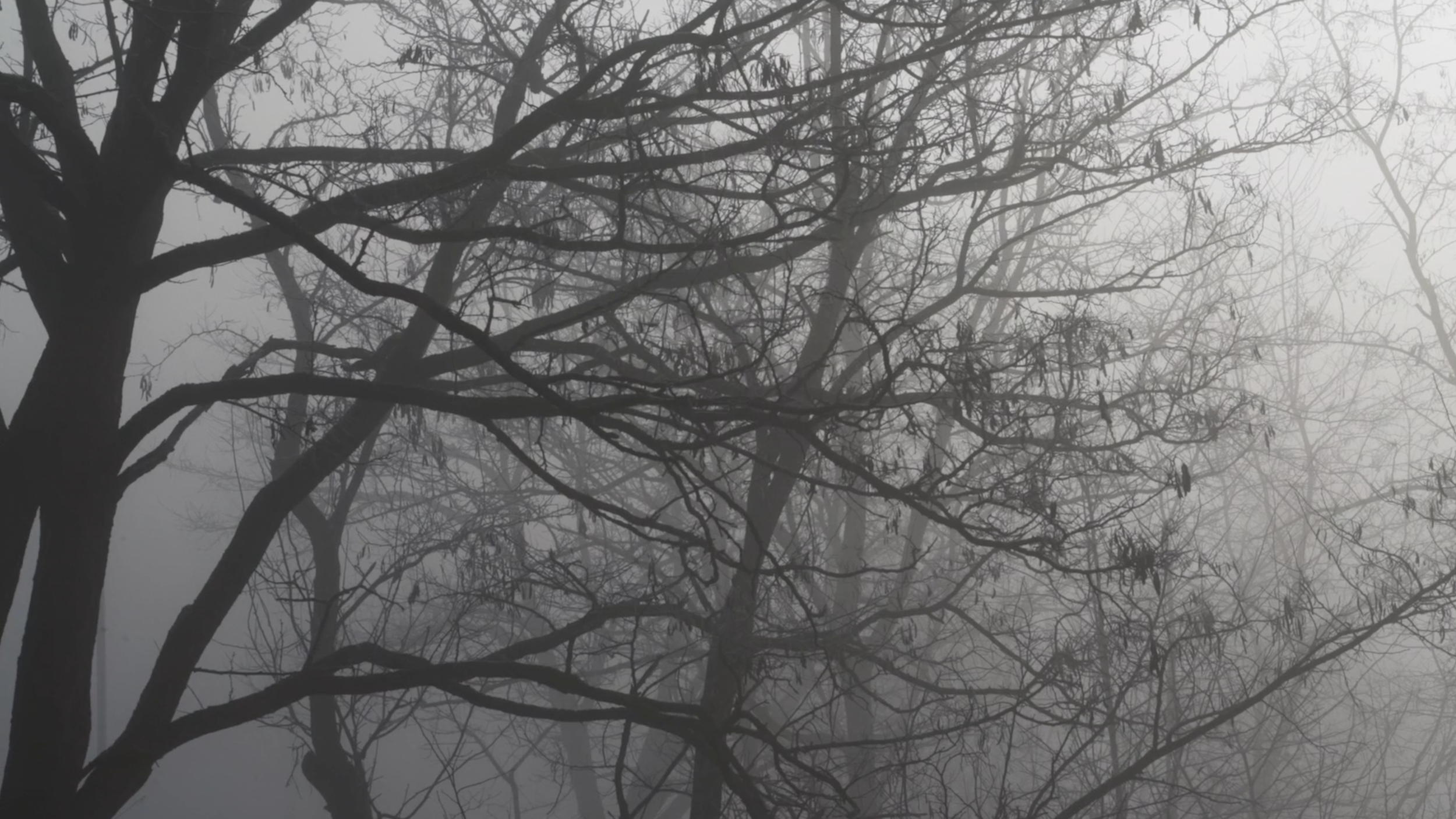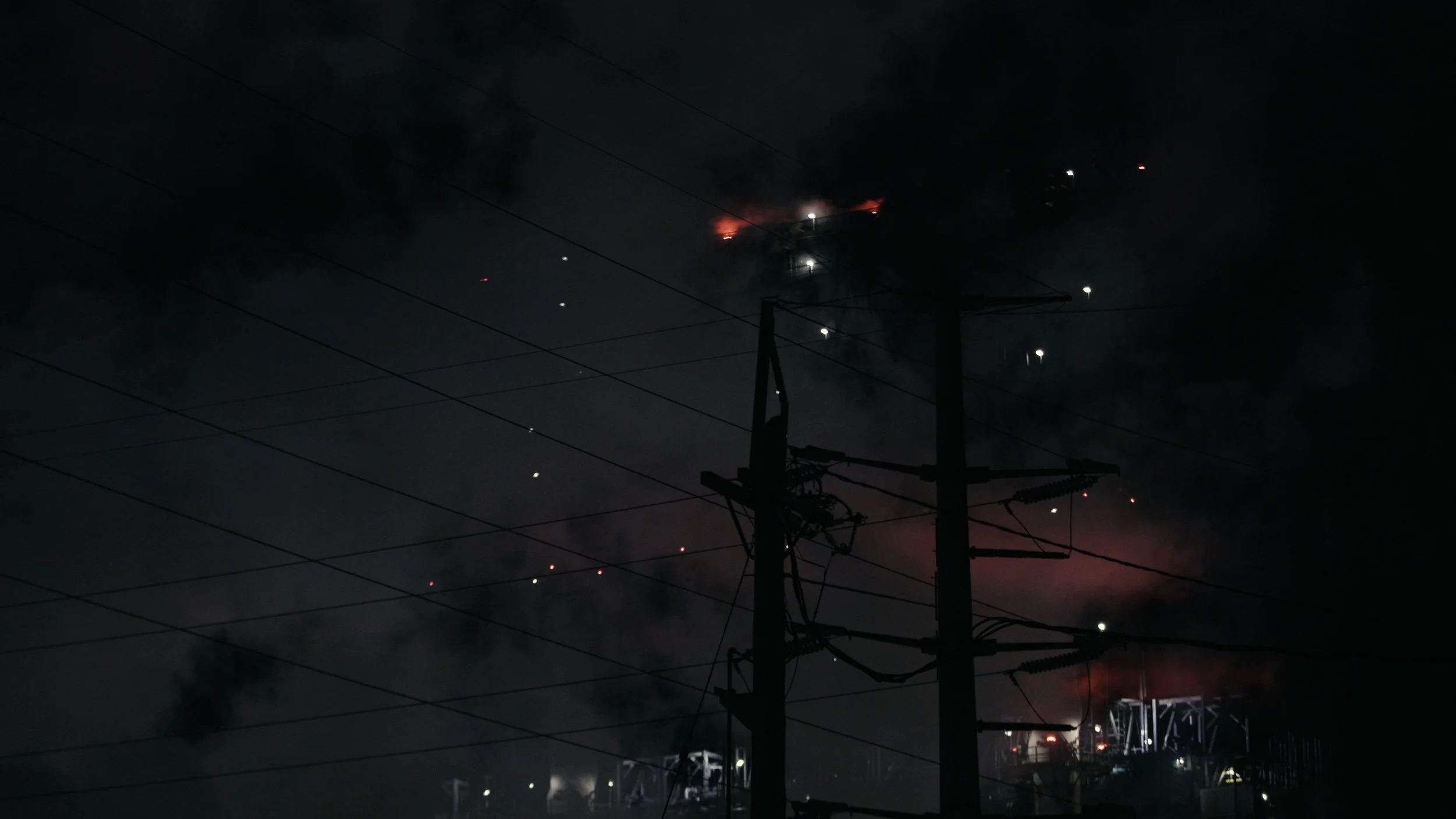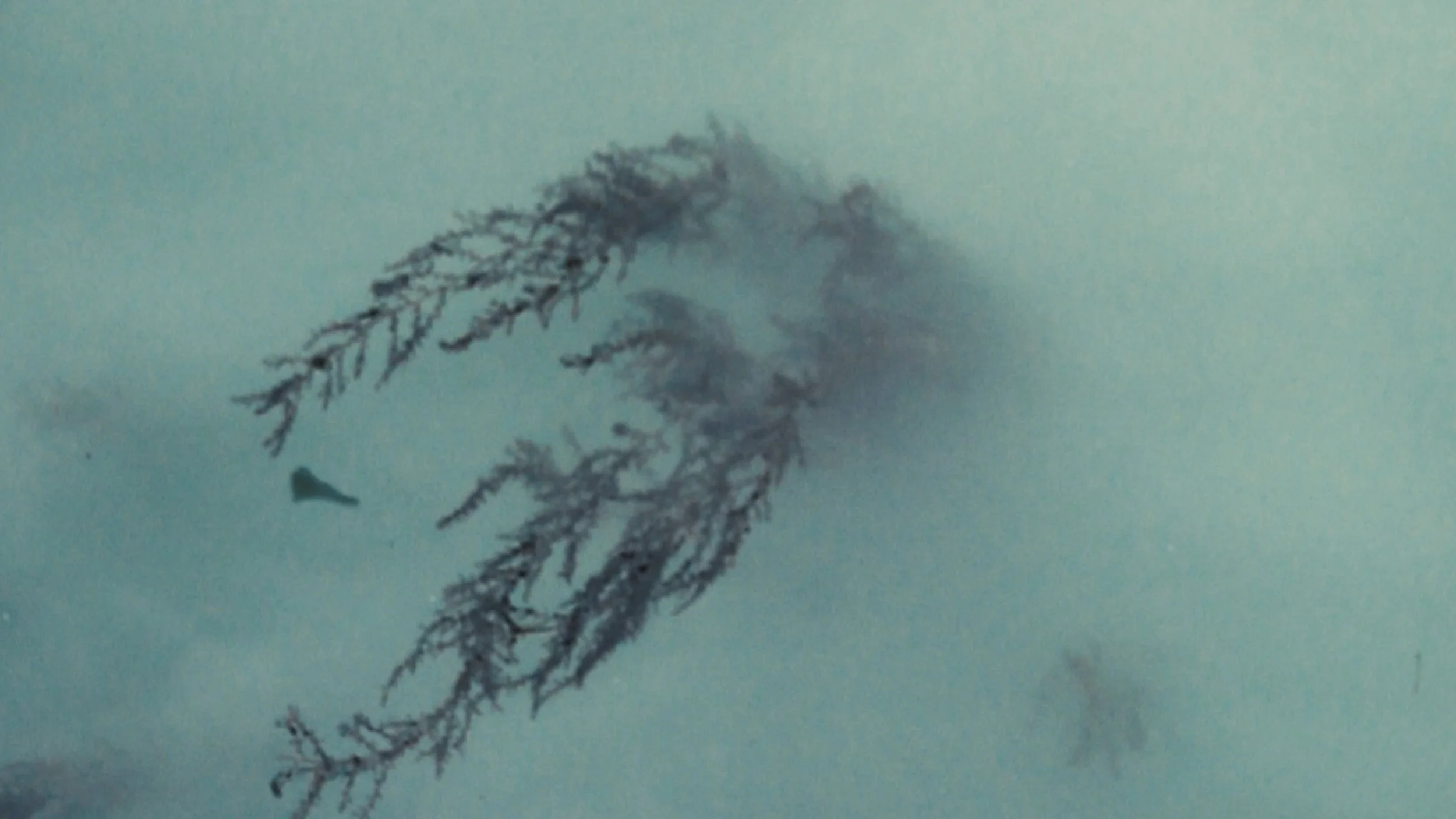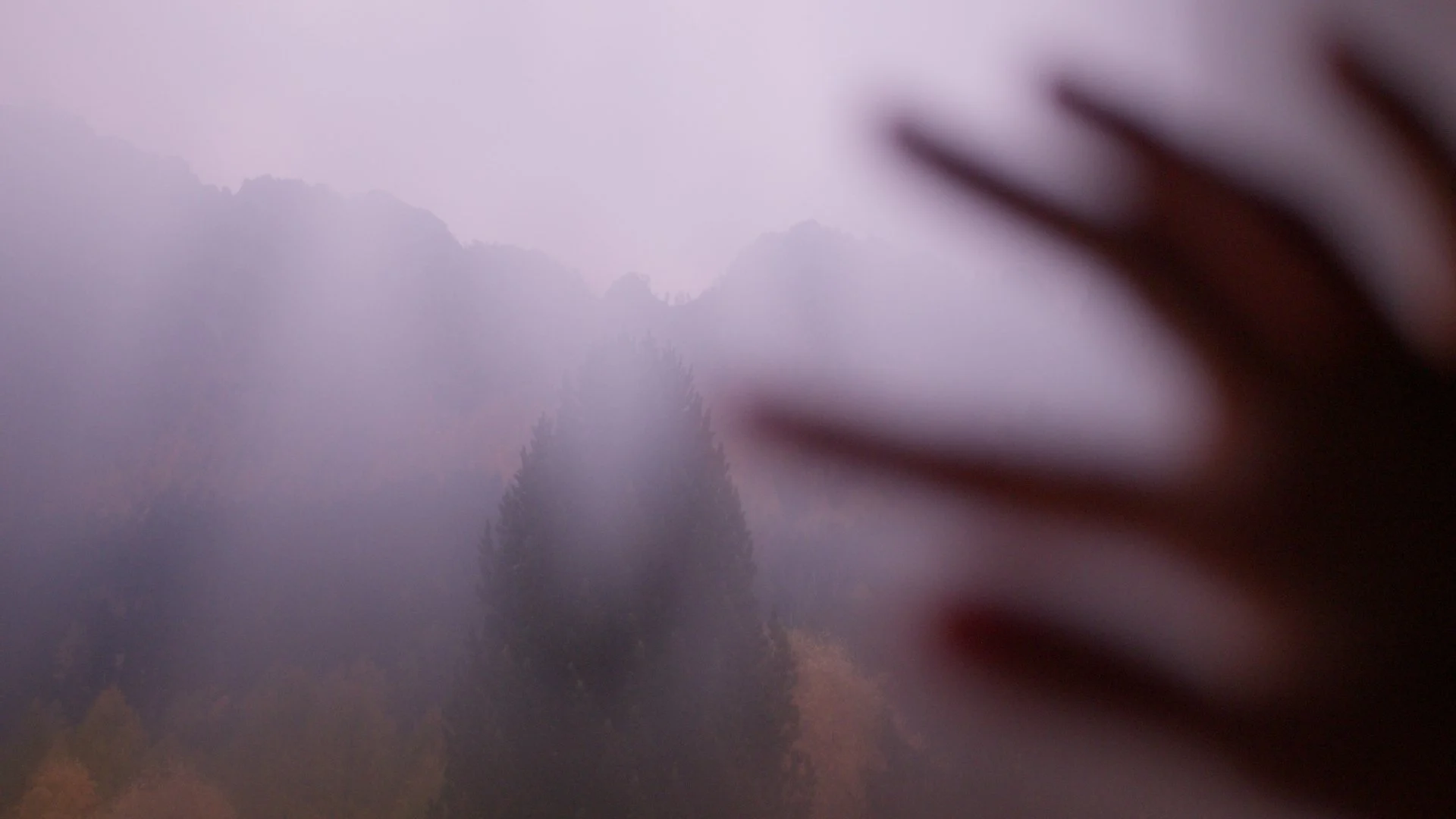Curating Films of Return
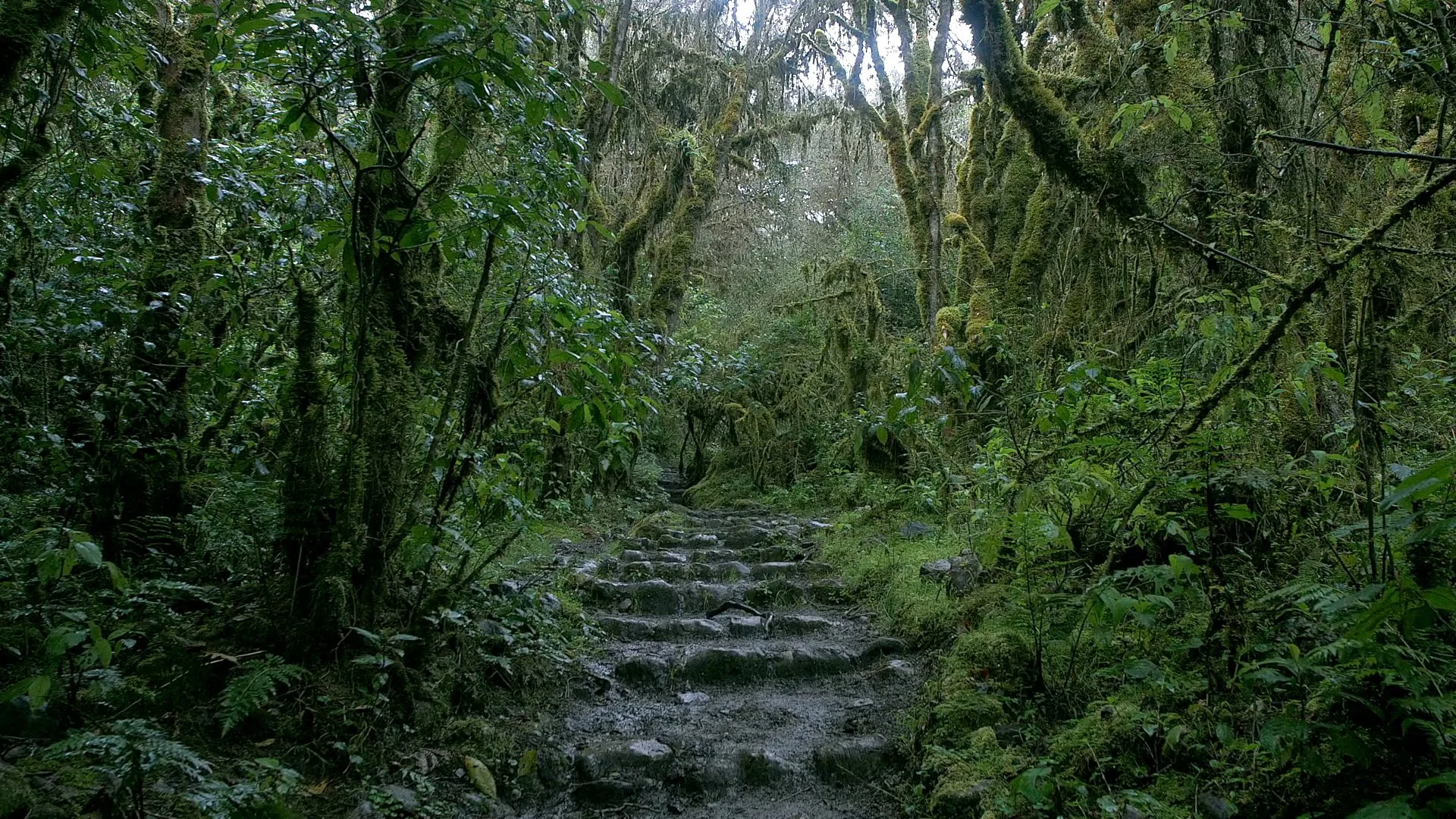
In 2021, we (artists David Cass & Gonzaga Gómez-Cortázar Romero) launched Points of Return as an international Open Call to design an exhibition that would highlight sustainable strategies and creative tools to avert the dreaded climate “point of no return.” At that time, the outlook felt, if fragile, more hopeful than it does today. Environmental conditions have deteriorated sharply over the last few years: 2024 was confirmed as the warmest year on record and the first calendar year to exceed 1.5°c above pre-industrial levels. Sea temperatures and ocean heat continues to rise, and global mean sea-level is projected to keep climbing throughout this century – it’s “locked in” – worsening coastal flooding, shoreline retreat, and saltwater intrusion into freshwater supplies. Fire-prone conditions and extreme wildfire activity are increasing in many regions. Low-lying communities and small island states are already on the front line; Tuvalu, Kiribati, the Marshall Islands and the Maldives are each reported as at risk of becoming uninhabitable from sea-level rise, projected to be submerged in the very near future unless urgent action is taken.
“There are communities around the globe that will become unliveable within the lifetimes of their current residents.”
Still from Dear One, Nora Jane Long | Courtesy of the artist
Still from Those Beneath the Grass, Takuya Watanabe | Courtesy of the artist
After the initial virtual exhibition, which went live in 2022, and a subsequent large-scale immersive show in Massachusetts in 2023, this third iteration of Points of Return turns to film, moving image and video art that confronts our escalating climate crises. Films of Return presents over sixty pieces arranged as a film festival-exhibition; a journey across eight themed “Screening Rooms”, from Delve to Return:
Delve burrows beneath the surface to take diagnostics and readings; Ground surveys surface-level realities and the processes shaping our present; Heat traces causes and consequences of planetary warming; Retreat centres on the world’s threatened ice-covered places; Flood describes extreme weather, pollution and a growing inner overwhelm; Eclipse marks the exhibition’s dark peak, with devastating subjects of heavy industry and social injustice; Root brings the seeds of change, the ideas (good and bad) that might spark renewal; and finally Return acts as the festival’s end-point, featuring films that speak of restoration and sustainable practices.
Still from Malentendu, Camille Martel | Courtesy of the artist
Still from Liquid Spine, Augusta, Katie Pustizzi | Courtesy of the artist
Still from Owning the Fractures, Planetary Intimacies | Courtesy of the artist
Still from Flotacija, Eluned Zoë Aiano & Alesandra Tatic | Courtesy of the artists
“We hear a lot about climate change impacts – rising sea levels, frequent cyclones and floods, increasing salinity – but few speak about how it invades the most intimate spaces of life.”
Films of Return presents works that discuss the overlooked realities of our present: from Ipshita Bhattacharyya’s The Bleeding Tides, which highlights the little-discussed issue of gender inequality in relation to climate change; to Camille Martel’s Malentendu, which casts a spotlight on our unfathomable intrusion upon the lives of critically endangered beluga whale pods.
Several films interrogate extractive harm and techno-fix fantasies: from Eluned Zoë Aiano & Alesandra Tatić’s Flotacija and Sebastian Wiedemann’s MA-QUINA to Adam Sébire’s Mammoth and Alexander Girav’s Burn Ceremony. These are set alongside films that amplify natural tools and “blue carbon” habitats: Elizabeth Ogilvie & Robert Page’s Oceanus celebrates seagrass meadows and kelp forests; and Amy Kaczur’s Messages from the Marsh zooms in on marshlands and near-shore habitats.
Other films speak of community resilience: Nelson Varas-Díaz’s The Darkness explores energy independence and Miguel García Orive’s Sintrópica raises the profile of regenerative farming. Acts of listening and care are threaded throughout the programme: in Ulrika Sparre’s Golden Monolith & Black Monolith; Virginia Woods-Jack’s Draw Me Into Your Vastness; and Sébire’s Iceberg Care.
Stories are told through documentary, dance, research-led observation, experimental technique, performance and fine art; by both emerging and established filmmakers.
Still from Burn Ceremony, Alexander Girav | Courtesy of the artist
As we launched the festival, wildfire smoke hung heavy across parts of southern Europe, and coverage of energy and extraction politics underlined the fraught global landscape (to name just a few: the United States linked trade policy to expanded fossil-fuel exports and resisted certain international measures on shipping emissions and plastics; in the United Kingdom, political debate turned toward maximising North Sea extraction as part of future energy strategy; and new coverage of a potential oil reserve beneath Antarctica’s Weddell Sea prompted questions about pressure on some of the world’s most protected ecosystems). These developments make the festival’s questions – about responsibility, repair and how we choose to act – more urgent than ever. In short, the window for meaningful collective action has narrowed, though it is not closed.
“Cooperation among species is the mechanism through which life flourishes.”
Still from Edén, Juan López López | Courtesy of the artist
As artists ourselves, and in line with the ecological commitments of those we collaborate with, we prioritised films created through lower-impact production methods. We must be mindful of how we make work in these times of accelerating warming and rapidly evolving technologies. These films demonstrate the power of artists and filmmakers using moving images to confront urgent subjects, spark dialogue, and connect with audiences on a human level.
“Leave behind what no longer serves … embrace a future full of possibilities, where light and silence play a crucial role in the journey towards a new beginning.”
Still from Spa Sybarite, Joshua Dawson | Courtesy of the artist
Still from Oceanus, Elizabeth Ogilvie & Robert Page | Courtesy of the artists
Thank you for reading. If you enjoy our not-for-profit work, please consider making a donation and signing up to our newsletter.
Images used with permission | Text by A La Luz, 2025 | Please do not re-publish any of the above without prior written consent | Banner still from In Every Leaf of the Forest






